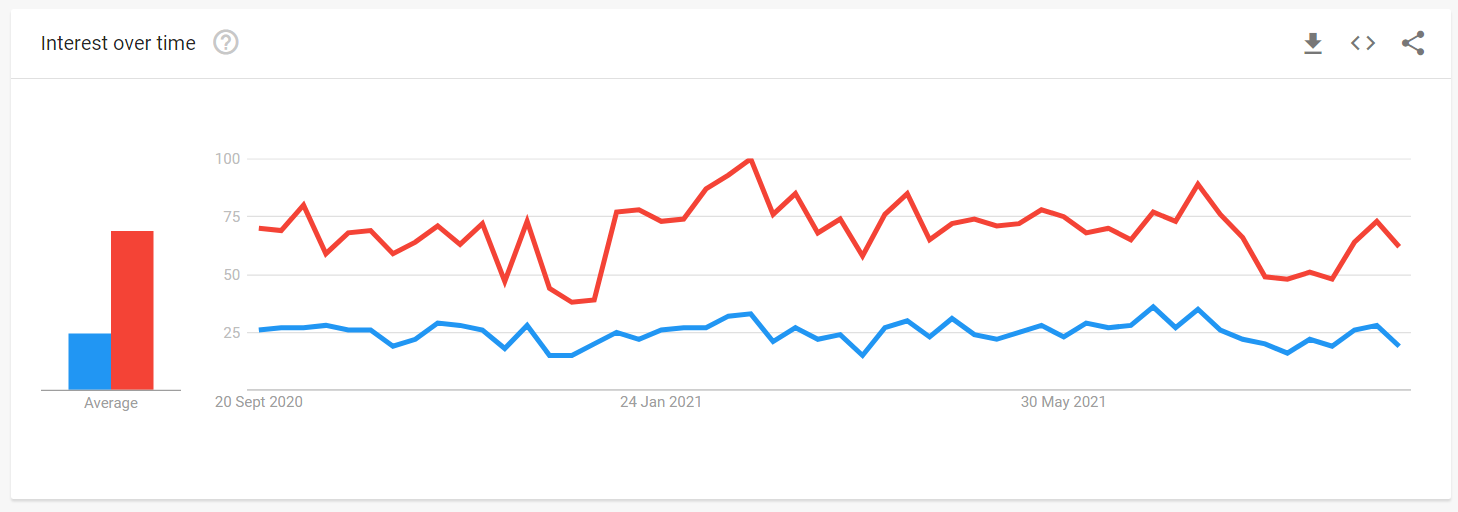When you are thinking about relocating, starting a business or buying property in Spain, one of the things you will think about is a Spanish bank account, and how this will work. In this article, we will explain all you need to know about Spanish banks and how to open a bank account in Spain.
Why open a bank account in Spain?
There are many reasons why you might need a bank account in Spain. Even if you are not planning on living in the country, having a Spanish bank account can be useful if you are planning on buying property or investing in a business. A bank account will also allow you to easily transfer money between Spain and your home country.
If you are planning on living in Spain, then a bank account is almost essential. You will need a place to store your money and to receive your salary. A bank account will also allow you to easily pay your bills and make other purchases.

Is having a bank account a requirement in Spain?
No, having a bank account in Spain is not a legal requirement. However, it is generally advisable to have one, especially if you are planning on living in the country.
What do I need to open a bank account in Spain?
To open a bank account in Spain, you will need the following documents:
- Identity documents (such as a passport) should be shown.
- Address: A copy of a bill with your current address must be included.
- Employment documents: A document that establishes your work status (for example, a student card, employment contract, or unemployment documentation)
- NIE number (Spanish foreigner identification number) – If you are a Non-Resident.
Some banks may require additional documents, so it is always best to check with the bank in advance.
How to open a bank account in Spain?
The process of opening a bank account in Spain is relatively straightforward. However, it is important to remember that each bank has its own requirements and procedures. It is always best to contact the bank in advance to find out what is required.
In most cases, you will need to make an appointment with the bank and then go into a branch to open the account. During the meeting, you will be asked to provide the documents listed above. The bank will then run a credit check and, if everything is in order, will open the account for you.
Some banks may require that you open an account with a certain amount of money. Others may offer special deals or bonuses if you open an account with them. It is always best to shop around and compare different banks before making a decision.
Types of bank accounts in Spain
There are several different types of bank accounts that you can open in Spain. The most common are:
- Current account: This is the most basic type of account and is used for everyday transactions.
- Salary account: This account is specifically for people who receive their salary in Spain.
- Savings account: This account is used for savings and typically offers a higher interest rate than a current account.
- Fixed-term deposit account: This account is used for savings and offers a higher interest rate than a current or savings account. The money deposited in this account cannot be withdrawn for a set period of time.
- Pension account: This account is used to receive pension payments.
- Youth account: This account is designed for young people aged 18-25 and typically offers special deals and bonuses.
- Non-Resident account: This account is for people who do not live in Spain.
- Digital account: This account is an online-only account with no physical branches.
What are the bank fees associated with bank accounts in Spain?
The fees charged by banks in Spain can vary depending on the type of account and the bank itself. However, there are some general fees that are common across most banks. These include:
- Account opening fee: This is a one-time fee charged when you open a new bank account.
- Yearly fee: You’ll pay around €12–15 for a debit card and potentially more than €30 a year for a credit card with many Spanish bank accounts.
- Banks charge a fee to send money to other countries. In Spain, this fee can range from €3-15 if you’re sending less than €50,000.
How long does it take to open a Spanish bank account?
It usually takes between one and two weeks to open a bank account in Spain. The process can be started online, but you will need to go into a branch to complete it and provide the required documents. You may also be asked to provide additional information, such as your reason for opening an account in Spain. When you have opened your bank account you may need to wait a few days for your debit card and credit card to arrive in the post.
Types of banking services in Spain
Spanish banks offer a wide range of services, from savings and checking accounts to loans and investment products. In addition, many banks offer special services for businesses, including business accounts, merchant services, and loans. Most banks also offer ATM and debit card services, as well as online and mobile banking.
However, some services, such as credit cards and international money transfers, may be offered by only a few banks. To find the right bank for your needs, it is important to compare products and services to find the best fit. With so many options available, Spanish banks offer something for everyone.
Overview of Banking in Spain
- The Banco de España, Spain’s national bank, also serves as the financial regulator.
- The top four banks in Spain by assets under management are Santander, CaixaBank Banco, BBVA, and Sabadell. These five banks account for around 70% of the sector’s assets.
- Santander is such a big bank it is under re-capitalization pressure from the ECB.
- A number of these banks also have a strong international presence, with branches or subsidiaries in several countries. For example, Santander has branches in the UK, Brazil, and the US, while BBVA has a presence in Mexico, Colombia, and Uruguay.
- There are currently 141 private banks (including around 80 foreign-owned banks), as well as several cooperative and savings banks, in the country.
- The banks in Spain hold a lot of real estate assets as a result of the 2008 financial crisis.
Currency in Spain
The currency in Spain is the Euro (€). Euros are divided into 100 cents. There are eight different coins: 1, 2, 5, 10, 20 and 50 cent coins, as well as 1 and 2 Euro coins. There are also seven different banknotes: 5, 10, 20, 50, 100, 200 and 500 Euros.

Opening a bank account in Spain
ATM in Spain
In Spain, you can find ATMs (cajeros automáticos) in almost every town and city. They are very convenient when you need to withdraw cash, and most of them accept foreign cards. However, there are a few things to keep in mind when using an ATM in Spain. First, make sure that the ATM is affiliated with your bank. Second, be aware of your surroundings, as ATM thefts are not uncommon. Finally, remember that Spanish ATMs dispense euros, so if you are withdrawing cash from a foreign account, you may incur fees. With these things in mind, using an ATM in Spain can be a quick and easy way to get the cash you need.
A word from SublimeSpain
In conclusion, opening a bank account in Spain is a crucial step to take if you are considering relocating, starting a business, or purchasing property in the country. With the right information and documentation, the process can be straightforward and efficient. By understanding the various types of accounts and services offered by Spanish banks, you can choose the one that best suits your needs and preferences. Whether you are a resident or a non-resident, opening a bank account in Spain is essential for managing your finances and making the most of your time in this beautiful country.
Disclaimer: Information on this page may be incomplete or outdated. Under no circumstances should the information listed be considered professional legal or financial advice. We highly recommend seeking guidance from a legal or financial expert if you lack extensive knowledge or experience dealing with any of the procedures outlined in these articles.






































